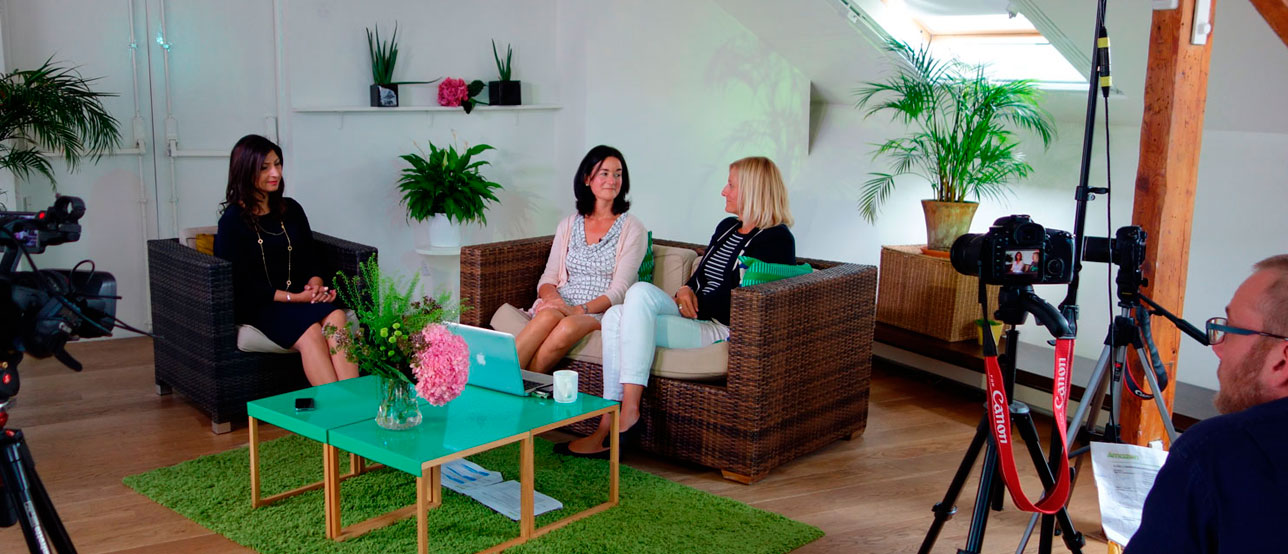Don’t just launch in
When calling journalists, don’t just launch into a long pre-prepared spiel. Carefully introduce yourself, make sure they understand where you’re calling from and ask them whether it’s a good time to talk. If it’s not, there’s no point in irritating them by trying to plough ahead anyway.
Understand who you’re speaking to
It’s vital that you get to know the media you’re dealing with – who their target audience is, the topics they cover, their editorial style, the frequency of the publication or when they broadcast. Only by developing this in-depth understanding can you hope to get your own messages included in the right way.
Accept that not every media outlet is right for you
It’s important to acknowledge that not every media channel will be, or can be, interested in what you have to say. Unless you can make it relevant to them, there’s no point in trying to push it to them. You’ll only alienate contacts for the future.
Be helpful
If someone in the media approaches you for comment, or to try to find a case study, be as helpful as possible. If you’re not interested in the opportunity, or if you’re not going to be able to give them what they’re looking for, tell them that from the outset and give them a chance to find it somewhere else.
Perhaps you can even signpost them to other organisations or individuals. This way, you’ll gain their respect and build a positive basis for future contact.
Work to their deadlines
Recognise that journalists work to tight deadlines and find out when they need something by. If you agree to meet a deadline, stick to it. You’ll be creating significant problems for them if you don’t, and they’ll be reluctant to seek input from you again.
Prepare for visits
If someone from the media is visiting your organisation, make sure everyone who’ll be on site is aware of the visit and fully prepared. Ensure they know who is coming, that they understand the programme or publication, and they have some interesting, on-message points they are ready to make if asked to comment.
That said, nothing should be too staged – don’t have a load of people milling around who wouldn’t usually be there. It’s easy to see through this and it will ruin your credibility.
Build a photo library
Have a comprehensive library of good, high resolution photographs depicting your work and the key people involved, so they can be provided to media at short notice.
Think before you speak
Never talk ‘off the record’. Ultimately, if there’s something you wouldn’t want to share widely, it’s best not to discuss it at all.




